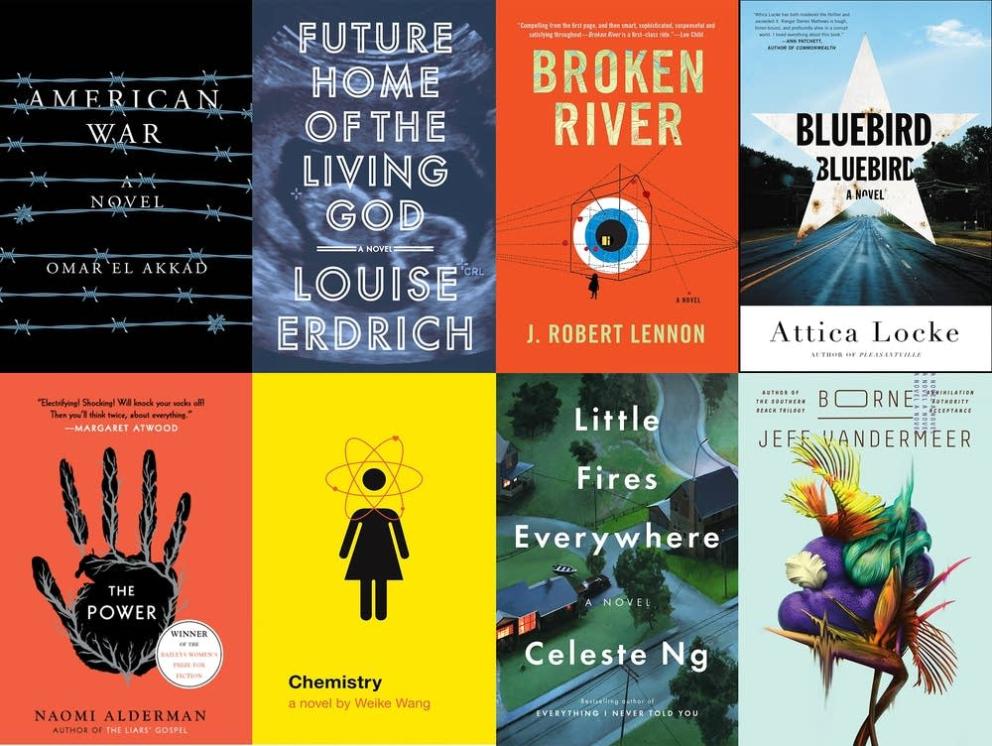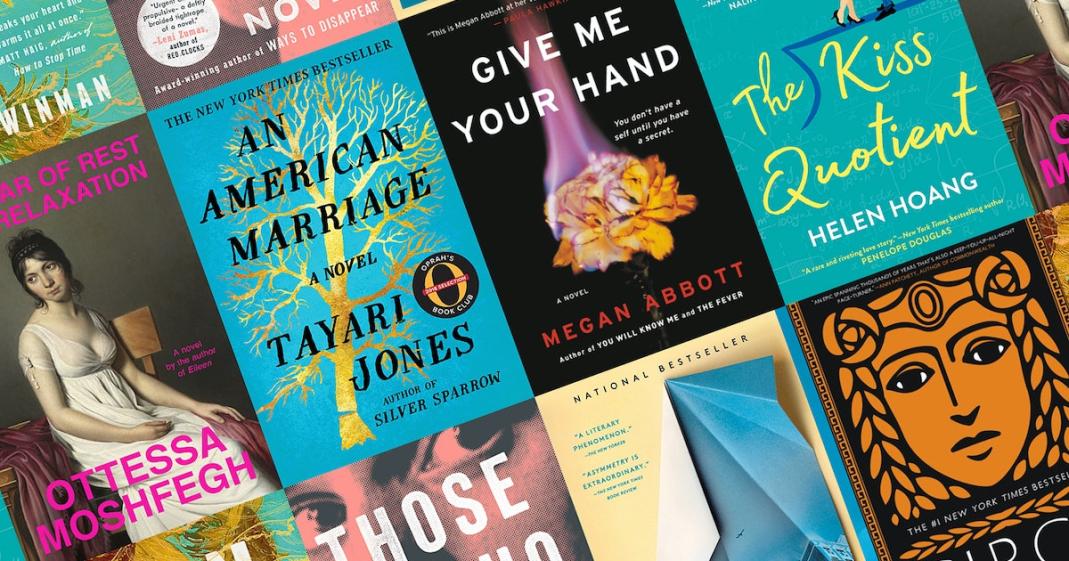The Future of Books: E-books, Audiobooks, and the Changing Landscape of Literature
In the realm of literature, the winds of change are blowing, heralding a new era defined by digital formats and evolving reading habits. E-books and audiobooks, once niche alternatives, are now gaining mainstream acceptance, reshaping the way we consume and appreciate stories.

The Rise Of E-books
E-books have emerged as a formidable force in the publishing industry, transforming the way books are distributed, read, and experienced. Their journey began in the early days of computing, with visionary pioneers developing rudimentary e-book readers. However, it wasn't until the advent of dedicated e-readers, such as Amazon's Kindle, that e-books truly took off.
Advantages of E-books:
- Convenience and Accessibility: E-books offer unparalleled convenience and accessibility. With a few taps or clicks, readers can access a vast library of titles, eliminating the need for physical bookstores or bulky bookshelves.
- Affordability: E-books are often more affordable than their print counterparts, making them a cost-effective option for budget-conscious readers.
- Environmental Impact: E-books have a significantly reduced environmental impact compared to traditional print books. By eliminating the need for paper, ink, and transportation, e-books contribute to a more sustainable literary landscape.
Challenges of E-books:
- Lack of Physicality: Some readers may miss the tactile experience of holding a physical book, the smell of paper, and the satisfaction of turning pages.
- Digital Rights Management (DRM): DRM can restrict the accessibility and ownership of e-books, preventing readers from lending or reselling their digital purchases.
The Growing Popularity Of Audiobooks
Audiobooks have also experienced a surge in popularity, captivating listeners with their convenience, accessibility, and immersive storytelling. From humble beginnings as cassette tapes and CDs, audiobooks have evolved into a mainstream medium, thanks in part to the proliferation of smartphones and streaming services.
Advantages of Audiobooks:
- Convenience and Multitasking: Audiobooks allow listeners to engage with stories while performing other tasks, making them ideal for commutes, workouts, or household chores.
- Accessibility: Audiobooks are a boon for individuals with visual impairments or dyslexia, providing an alternative way to enjoy literature.
- Enhanced Storytelling: Audiobooks can offer a unique and immersive storytelling experience, with narrators bringing characters to life and adding emotional depth to the narrative.
Challenges of Audiobooks:
- Cost: Audiobooks can be more expensive than traditional print books, especially for popular titles or those narrated by well-known actors or authors.
- Limited Availability: Finding audiobooks for niche or older titles can be challenging, as publishers may not have invested in producing audio versions.
The Changing Landscape Of Literature
The rise of e-books and audiobooks has had a profound impact on the landscape of literature, affecting everything from publishing models to reading habits and the emergence of new literary forms.
Impact on Publishing:
- Changes in Distribution Models: E-books and audiobooks have disrupted traditional distribution models, allowing authors to self-publish and reach readers directly, bypassing the gatekeepers of traditional publishing.
- Author-Publisher Relationships: The changing landscape has also affected author-publisher relationships, with authors having more control over their work and a greater share of the profits.
Evolving Reading Habits:
- Shift Towards Digital Formats: The convenience and accessibility of e-books and audiobooks have led to a shift towards digital formats, with readers increasingly opting for digital books over physical ones.
- Rise of Multitasking While Reading: The ability to listen to audiobooks while engaging in other activities has given rise to multitasking while reading, blurring the lines between reading and other forms of media consumption.
New Literary Forms:
- Interactive E-books: E-books have enabled the creation of interactive experiences, incorporating multimedia elements such as videos, animations, and interactive quizzes.
- Audio Dramas: Audiobooks have given rise to a resurgence of audio dramas, offering immersive storytelling experiences with full casts and sound effects.
The Future Of Books

As technology continues to evolve and consumer preferences change, the future of books remains uncertain. However, several trends point to a harmonious coexistence between traditional print books, e-books, and audiobooks.
Predictions and Trends:
- Technological Advancements: Advancements in e-reader technology and audiobook production could further enhance the reading and listening experience.
- Changing Consumer Preferences: As younger generations embrace digital formats, the demand for e-books and audiobooks is likely to continue growing.
Coexistence of Formats:
- Print Books' Enduring Appeal: Despite the rise of digital formats, print books are likely to retain their appeal for readers who value the physical experience of reading.
- Complementary Formats: E-books, audiobooks, and print books can coexist and complement each other, catering to different reading preferences and situations.
The Importance of Diversity:
- Diversity in Storytelling: The changing landscape of literature presents an opportunity to promote diversity in storytelling, ensuring that all voices are heard and represented.
- Inclusive Literary Landscape: A vibrant and inclusive literary landscape requires diversity across all formats, ensuring that readers have access to a wide range of perspectives and experiences.
The future of books is a dynamic and evolving landscape, shaped by technological advancements, changing consumer preferences, and the enduring power of storytelling. While e-books and audiobooks have transformed the way we consume literature, they have also opened up new possibilities for authors, publishers, and readers alike. As we embrace the changing landscape of literature, we must strive to ensure that the future of books is inclusive, diverse, and accessible to all.

The harmonious coexistence of traditional print books, e-books, and audiobooks will allow readers to choose the format that best suits their needs and preferences, ensuring that the joy of reading remains a vital part of our cultural fabric for generations to come.
YesNo

Leave a Reply